OAuth2 and OpenID Connect
Authorization & authentication made easy – with modern standards!
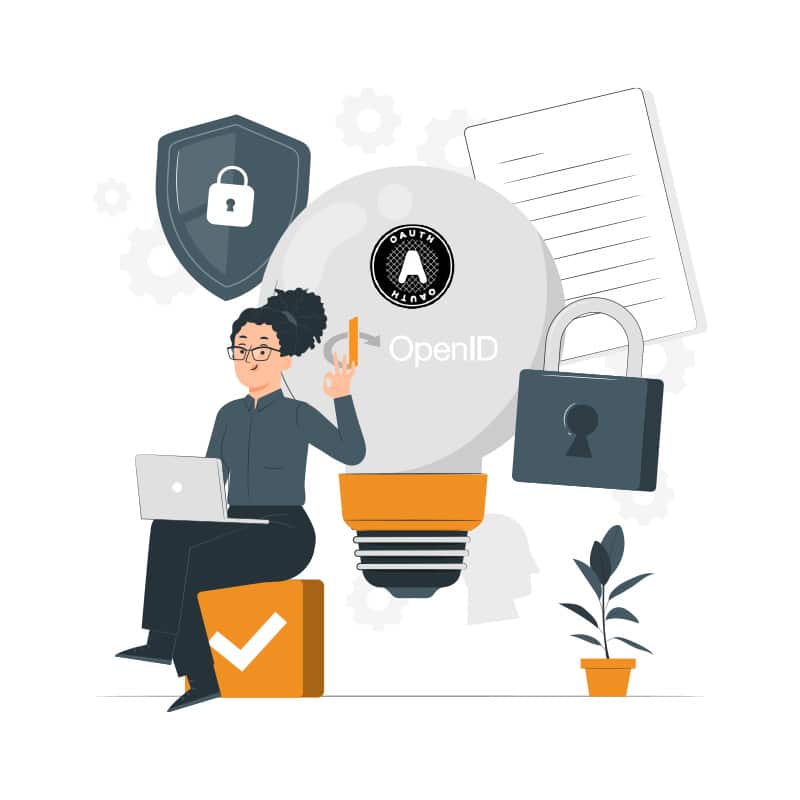
OAuth2 & OpenID Connect
What are standards and why do they make our lives easier?
Simply put, a standard is an agreed way of doing something, e.g. a standardized format for exchanging data. In the context of Identity & Access Management, the standards OAuth2 (OAuth 2.0) for authorization and OpenID Connect for authentication are particularly important. Standards are advantageous in many respects: they essentially ensure good interoperability and simple integration between the various software systems. Among other things, this leads to better cost efficiency and shorter implementation periods. In addition, standardization also has advantages in terms of stability and security – as, for example, integration according to a standard always takes place in the same way and potentially more companies follow the pattern than with individual integration. This also enables weaknesses and errors in the standard to be identified at an early stage and rectified more quickly, which leads to hardening and greater stability.

Easy integration
Best interoperability and easy integration through standardization
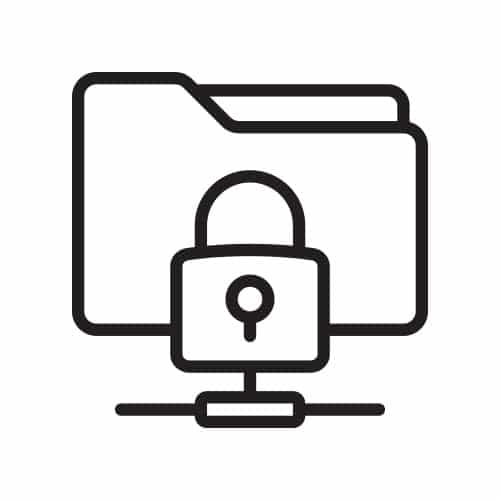
Strong security
Security and stability through standards such as OAuth2 and OpenID Connect.

High efficiency
High cost efficiency and short integration times
Why OAuth 2.0 and OpenID Connect?
The aim of OAuth 2.0 is to standardize and improve the authorization of users and applications and thus make them more secure.
In OpenID Connect, the authorization flows or OAuth2 grant types are essentially extended to include the authentication aspect.
This leads to cost efficiency and shorter implementation periods. Standardization also brings advantages in terms of stability and security.
The standards at a glance
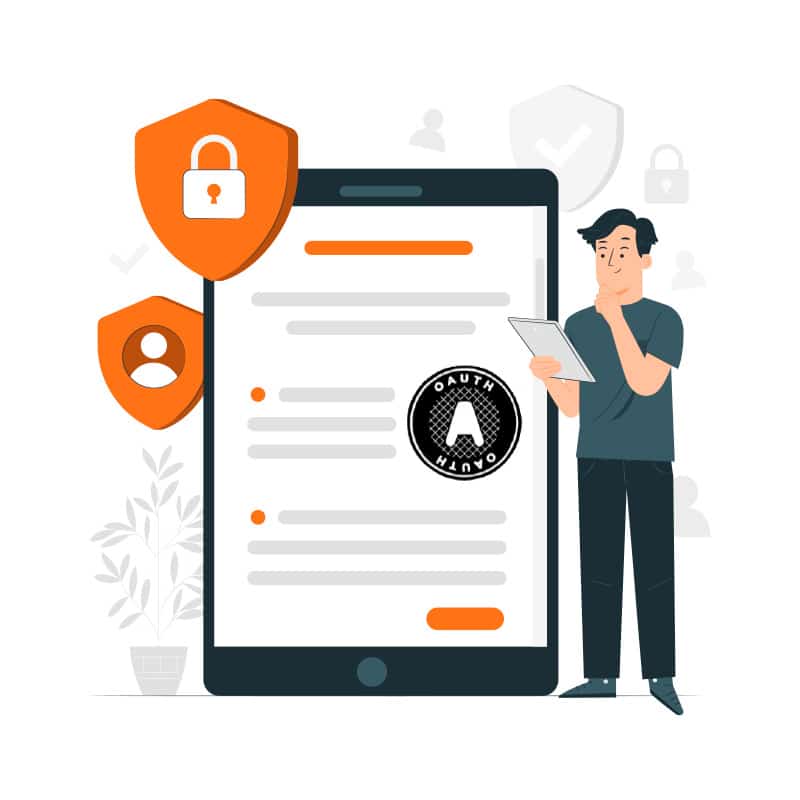
The authorization framework – OAuth2
OAuth 2.0 is an authorization protocol that was developed by the OAuth Working Group and is specified in an RFC standard. The aim of OAuth 2.0 is to standardize and improve the authorization of users and applications and thus make it more secure. In particular, authorization is separated from the actual application, e.g. an online store.
To achieve this separation, four different roles were introduced in OAuth 2.0: the OAuth 2.0 client as the end application or online store, the authorization server for authorization, the resource server for managing the data and the resource owner or user. Authorization in the OAuth 2.0 framework is mapped via an access token, which is issued by the authorization server for a specific OAuth 2.0 client and can be used by this client for authorization vis-à-vis other applications and APIs.
OpenID Connect – Authentication on top
OpenID Connect is an authentication protocol based on the OAuth2 authorization framework. OpenID Connect is developed by the OpenID Foundation and, in addition to authentication, also offers a concept (claims) for exchanging profile information about a user.
In OpenID Connect, the authorization flows or OAuth2 grant types are essentially extended to include the authentication aspect. In addition, an ID token and claims are introduced that can be used to exchange the user’s profile information. The ID token contains the profile information and the claims describe the individual profile information and are used to query the information.
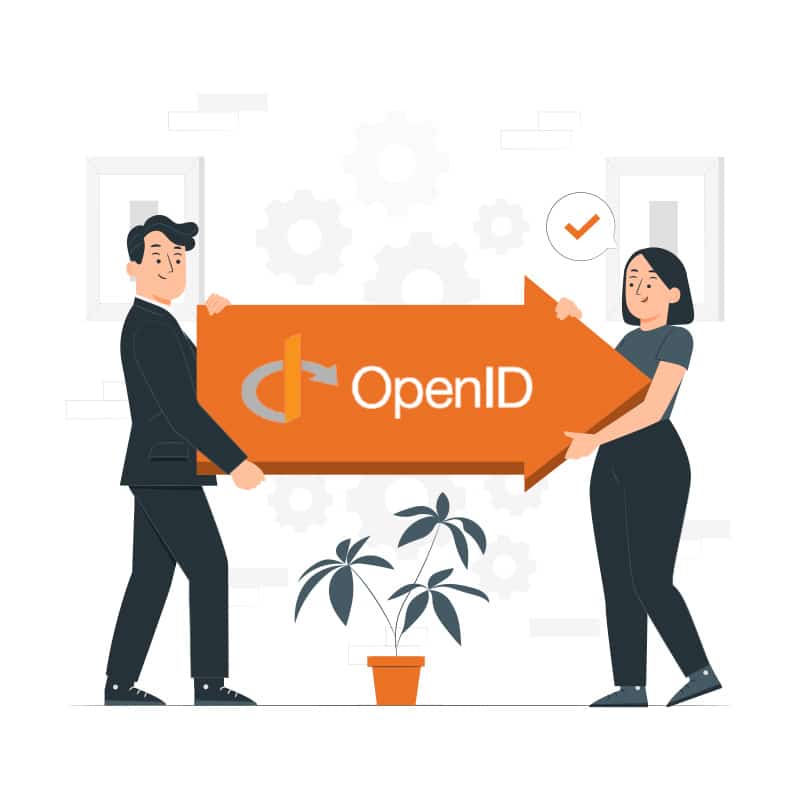
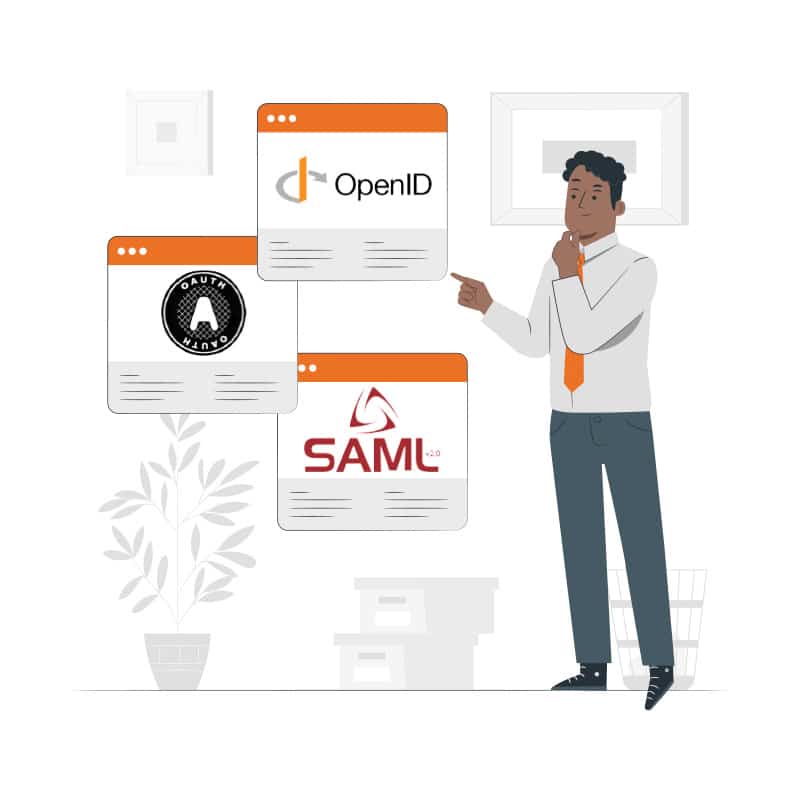
SAML vs. OpenID and OAuth2
In addition to the OpenID Connect and OAuth2 standards, there is also the SAML standard, particularly in the SAML 2.0 version.
The SAML standard is older than OAuth2 and OpenID Connect and, unlike the other two, relies on XML as the basic exchange format.
SAML 2.0 is still widely used today, especially in many enterprise applications, which is why we also offer SAML 2.0 as an integration protocol in cidaas alongside OAuth2 and OpenID Connect.
Frequently Asked Questions
What is OAuth2/OAuth 2.0?
OAuth 2.0 is an authorisation protocol that enables access to user resources for applications. It defines a standardised process for authorisation and access and is specified by RFC standards that ensure that implementations are interoperable and secure. By using RFC standards such as OpenID Connect, OAuth 2.0 can be integrated into security-critical environments to protect identity information and support multi-factor authentication.
What is OpenID Connect?
OpenID Connect (OIDC) is an identity layer via OAuth 2.0 that makes it possible to implement secure authentication and authorisation in applications. It defines a standardised way of transmitting identity information and is based on RFC (Request for Comments) standards to ensure interoperability and security. By using OIDC, developers can integrate a trusted authentication layer into their applications, which, especially in combination with OAuth 2.0, ensures secure and standardised identity exchange.
SAML vs. OpenID Connect and OAuth2?
In addition to the OpenID Connect and OAuth2 standards, there is also the SAML standard, particularly in version SAML 2.0. The SAML standard is older than OAuth2 and OpenID Connect and, in contrast to the other two, relies on XML as the basic exchange format.


cidaas - Cloud Identity & Access Management (Cloud IAM)
- Focus on user-friendly management of digital identities in any form
- Unique, secure user experience with modern 2-factor authentication
- GDPR-compliant, customizable consent management




